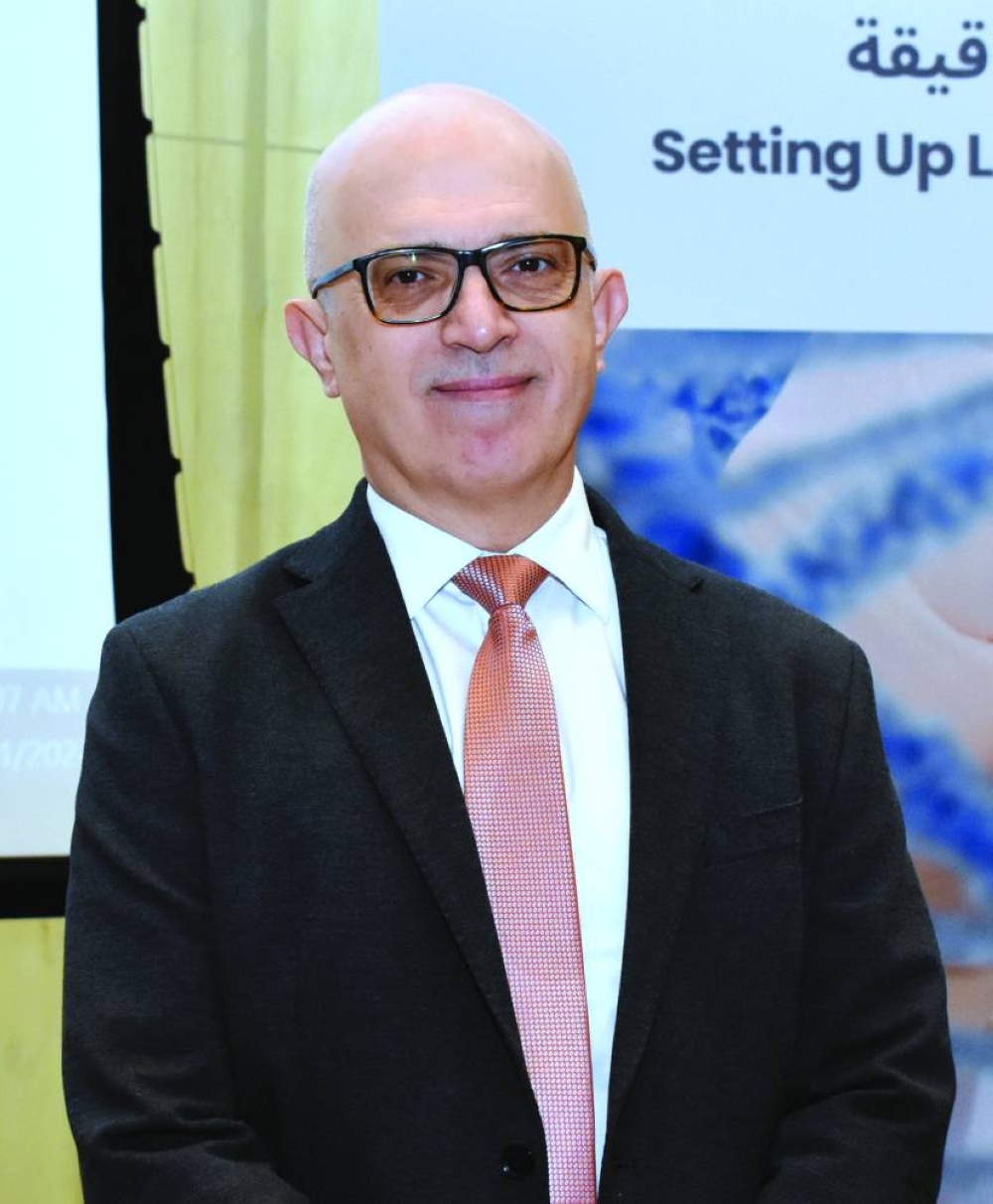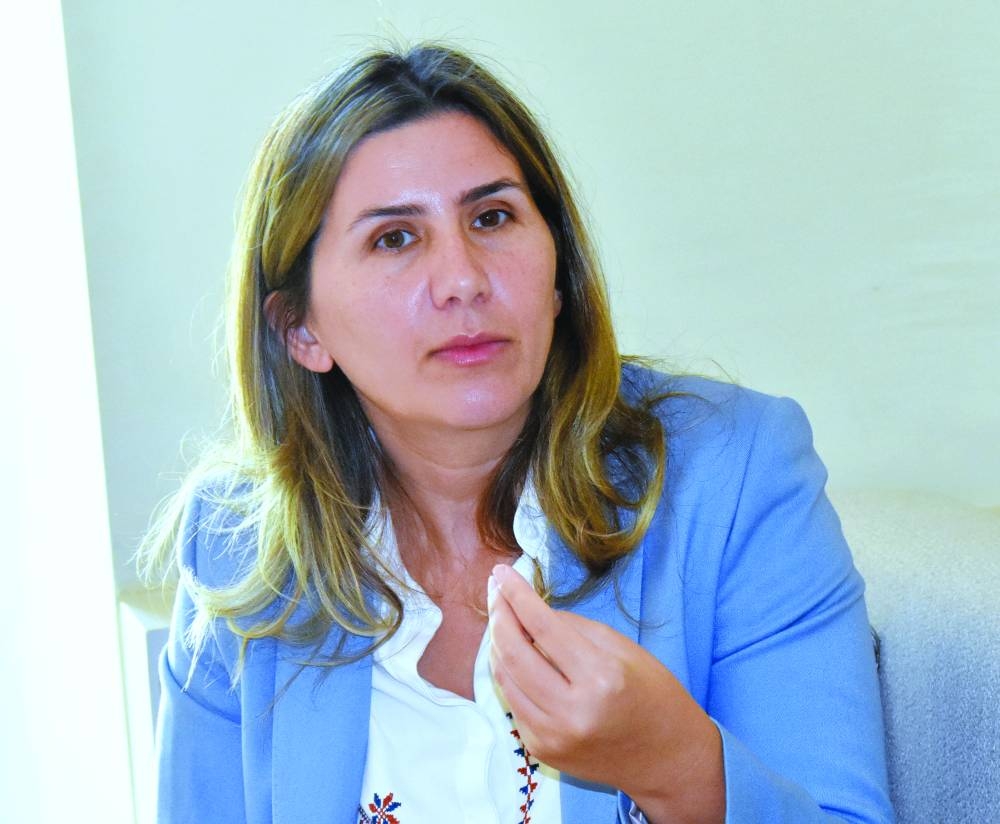Adopting precision health very early with a genomics programme and biobank has helped Qatar play a prominent role in the field globally and in supporting other nations, top officials of Qatar Precision Health Institute (QPHI) told Gulf Times.
“Over the years, especially the last four years, we have been receiving many requests from various countries on specific questions," said Dima Darwish, genomics education expert at QPHI.
"Most of the time, they are asking for co-operation and transfer of our knowledge and expertise in the field. Countries that have a genomics programme and a biobank that enables precision health are very few around the world,” she told Gulf Times on the sidelines of a two-day workshop on precision health for invited delegates from 17 countries from around the world.
“These are countries interested in launching their own national programmes in genomics or biobanking and they are interested about our experience here in Qatar in launching two very successful programmes of Qatar Biobank and Qatar Genome almost a decade ago and this comes in recognition of Qatar's leading efforts in this field,” she explained
The workshop has representatives, Europe, Asia, Africa, and Southeast Asia.
“We initially had ten countries in discussions with us for the past four years. And these countries were talking to others and we had to accommodate the requests of 17 countries. The demand is really high,” said Darwish.
“Through this workshop we take the participating countries in a step-by-step journey on how to establish a biobank and a genomics programme that serve precision health. Now, the elements are varied. The first step is about building the human capacity and there are many areas of possible collaboration,” she explained.
“There is a co-ordinated research with samples and data from different countries. Mainly, in this phase, we are focusing on serving them with our expertise and knowledge to help countries who are considering starting a new programme or have started already but are struggling with the technicalities and divisions,” remarked the official.
Acting president Prof Said Ismail said QPHI will be spearheading implementation of the knowledge accumulated so far.
“We will be not only leading with the research efforts in genomics and biobanking but also in translating all the knowledge we accumulated over the past decade into impactful clinical practices. Patients will find them when they go to get the treatment in the healthcare system within Qatar,” he stressed.
Prof Ismail said that in cancer treatments, QPHI concluded a highly successful pilot programme on preventive measures to identify ladies with higher risk of developing familial forms of breast cancer.
“The success of this pilot encouraged us to expand this to other forms of familial cancers. We will soon be working with our colleagues at HMC to look for potential carriers of mutations predisposing them to colon cancer and other forms of familial cancer,” he said.
“The first pilot on breast cancer was performed on 6,000 participants. We identified dozens of carriers. Now we will expand that to 25,000 participants from our cohort and then eventually the whole set. Once we finish that we move to other forms of familial cancer,” added Prof Ismail.

QPHI's acting president Prof Said Ismail. PICTURES: Thajudheen

QPHI's genomics education expert Dima Darwish.

